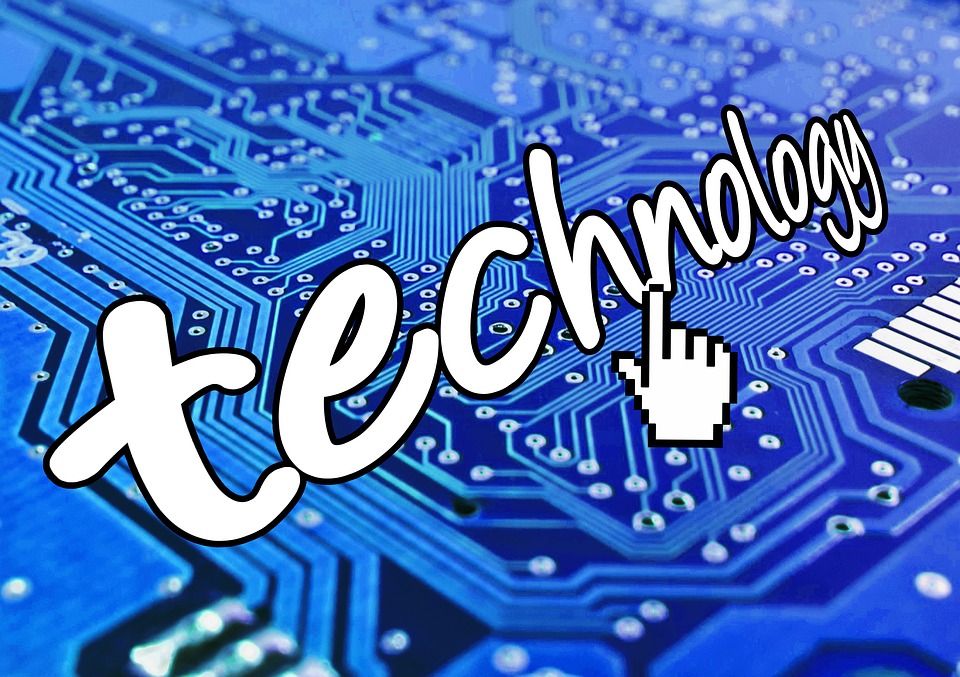In the intricate landscape of healthcare, modern emergency medical services (EMS) are indispensable for providing critical care during urgent and life-threatening situations. Dr. Kerry Evans, a leading authority in emergency medicine, provides an in-depth analysis of the essential role that contemporary EMS plays in healthcare. This article explores Dr. Kerry Evans perspectives on how modern EMS meets crucial needs and the factors contributing to its effectiveness.
The Crucial Functions of Modern EMS
Dr. Evans emphasizes that modern EMS is integral to the healthcare system, fulfilling several essential functions that are vital for patient survival and recovery. These functions include rapid response, advanced medical interventions, and coordination with other healthcare services.
1. Rapid Response and Immediate Care: One of the primary roles of EMS is to deliver swift and effective care at the scene of an emergency. Dr. Evans underscores the importance of having well-coordinated response teams that can quickly assess and manage critical situations. This immediate intervention is crucial for stabilizing patients and providing initial treatment before they are transported to a hospital.
2. Advanced and Basic Life Support: Modern EMS encompasses both Advanced Life Support (ALS) and Basic Life Support (BLS). Dr. Evans explains that ALS involves sophisticated medical procedures, such as cardiac monitoring, drug administration, and advanced airway management, performed by paramedics. BLS, provided by emergency medical technicians (EMTs), focuses on fundamental life-saving techniques, including CPR and basic trauma care. Together, these services ensure comprehensive care tailored to the severity of the patient’s condition.
3. Coordination and Communication: Effective communication and coordination are critical for the success of emergency medical services. Dr. Kerry Evans highlights the need for integrated communication systems that facilitate real-time information exchange between EMS teams, dispatch centers, and receiving hospitals. Advanced dispatch systems, electronic health records (EHRs), and radio communication technologies are essential for ensuring a coordinated and efficient response.
Technological Innovations Enhancing EMS
Dr. Evans points out that technological advancements have significantly enhanced the capabilities of modern EMS:
– Telemedicine: Telemedicine allows EMS teams to connect with specialists remotely, providing real-time consultations and expert guidance. This is particularly beneficial in remote areas where specialized care might not be readily available. Telemedicine helps improve decision-making and ensures that patients receive appropriate care even before reaching the hospital.
– Mobile Health Technologies: Mobile health applications and devices are increasingly used by EMS personnel to monitor vital signs, access patient information, and track treatment progress. These technologies enhance the efficiency of emergency care and support better patient management.
– Data Analytics: Data analytics tools help EMS organizations evaluate performance metrics, response times, and patient outcomes. By analyzing this data, EMS providers can identify areas for improvement, optimize protocols, and enhance overall service quality.
Emphasis on Training and Professional Development
Dr. Evans emphasizes that ongoing training and professional development are crucial for maintaining high standards in emergency medical care. Regular simulation exercises and educational programs ensure that EMS personnel are up-to-date with the latest medical practices and technologies. This continuous learning process helps responders remain adept at handling various emergency scenarios effectively.
Patient-Centered Care
A significant shift in modern EMS is the focus on patient-centered care. Dr. Evans highlights that addressing not only the immediate medical needs but also the emotional and psychological well-being of patients is essential. Providing compassionate care and clear communication helps alleviate patient anxiety and enhances their overall experience during emergencies.
Looking Forward
Dr. Evans is optimistic about the future of EMS, anticipating further advancements in technology, training, and integration with other healthcare services. By continuing to innovate and adapt, modern EMS will remain crucial in delivering effective and responsive emergency care.
In conclusion, Dr. Kerry Evans insights into the essential role of modern emergency medical services reveal how rapid response, advanced support, effective communication, and patient-centered care are fundamental to successful emergency care. As EMS continues to evolve, these core elements will ensure that it remains a vital component of the healthcare system, capable of meeting critical needs and improving patient outcomes.






